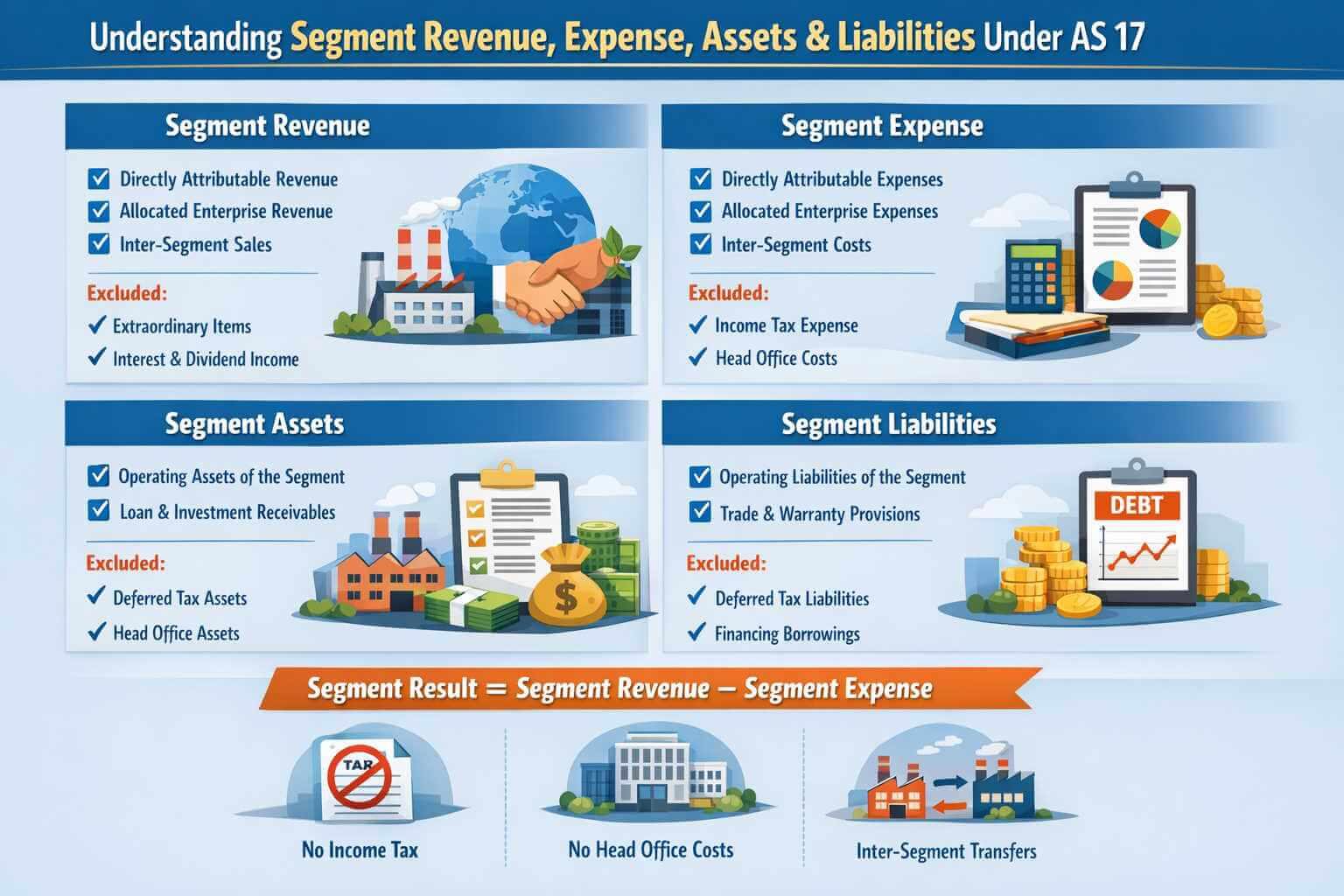We tend to overestimate our skill sets and abilities post learning and acquiring new piece of knowledge or a meritorious degree.
Does that make us competent enough to be able to achieve real time success?
The solution to this problem is KASH – a guiding process from learning to assimilation.
KASH is an abbreviation of: Knowledge, Attitude, Skill and Habit – The 4 factors of learning.
These factors go hand in hand with how successful we are in our personal and professional lives.
Why Should You Consider These Factors of Learning?
These learning factors have a direct impact on your success and results, so it's crucial that you gain an understanding of the difference between these four learning factors and how to manage them better.
KNOWLEDGE
Knowledge is the thing within you, the information in your head, the ability you possess which you can deploy to generate greater results in life.
Knowledge consists of everything you have managed to absorb from school, work, friends, and your environment.
Knowledge is different from skills, as it consists of the facts, information, or theoretical understanding of the subjects. By acquiring knowledge, your level of intelligence, wisdom and overall ability to understand social, economic and other various concepts improves. Building knowledge is a lifetime pursuit.
APPLICATIONS:
- Try brainstorming about things you want to learn.
- Maintain a running document of what you have learned in your career and in life.
- You can try posting about your discoveries on social media, record them in a journal, or run a catalog of what you know and how it might improve your life.
ATTITUDE
Attitude is everything. No, let’s rephrase it: Good attitude is everything. With good knowledge, effective deployment of such knowledge, and a great attitude on your side, you can do whatever you set your eyes on.
An important factor to consider when thinking about your attitude is that it isn’t necessarily about having a “good” or “bad” attitude, but how your awareness of your own outlook and state-of-mind on a given task influences your performance.
Attitude is one of the most important factors of learning because while knowledge and skills go a long way, it’s your attitude that keeps you going.
Your attitude determines your level of enthusiasm, which is another key factor in staying motivated to expand your knowledge, attitude, skills and habits.
APPLICATIONS:
- Cultivate a positive mental attitude, by practicing activities that boost your self-esteem and promote your well-being.
- Be aware of your thoughts and your mental attitude.
- Create relaxing spaces for you to work in and surround yourself with positive influences.
SKILLS
Knowledge and skills are often confused but they are two different things. In a nutshell, knowledge is what is in your head, while skill is what you do. Knowledge is conceptual while skill is practical.
Skills are your ability to perform tasks. An individual acquires their skill sets through training, experience or natural abilities.
Skills and knowledge work together to create the overall excellence in your performance.
You must have the knowledge to perform a skilled work, as without proper knowledge a skilful task cannot be performed.
Whether it’s the interpersonal skills you need to communicate with teammates, the skills needed to close a sale, or the time management skills that are required to complete your objectives and goals for a project, the skill sets help you execute your actions for further success.
APPLICATIONS:
- Similar to knowledge, ask yourself what skills you have, what you might want to learn and what skills you would like to improve.
- The difference between talent and skills is hard work. Dedicate yourself to practicing your skills and improving them because hard work beats talent when talent refuses to work hard.
- Look for a mentor or instructor who is willing to help you. They will assess your skills, provide valuable feedback and ultimately improve your skills.
HABITS
Yes, you may have the knowledge, you may have good attitude, and your skills may be unrivalled. But if you don’t make it a habit to consistently practice what you know, the cash out of KASH may not come as expected.
When combined with a positive mental attitude, the skills we practice eventually develop into habits. Positive habits are an important factor to develop because the personal payoff to your career and success are determined by your daily habits.
- Good habits wake you up early in the morning
- Good habits make you ignore the cold weather and hit the road
- Good habits make you work hard
- Good habits make you spend less than you earn
Habits generally take 21 days to develop. Take a few minutes to identify those habits you need for your success. Begin to practice them for the next 21 days, and they will become part of you thereafter.
APPLICATIONS:
- Set realistic practical goals that will help you to build momentum towards accomplishing your short and long term goals.
- Think of these life goals as small daily, weekly and monthly steps. Don’t get overwhelmed by the end goal or objective.
- Divide your projects and workloads into smaller and more manageable tasks. Discover what needs to be done next every day to help bring your goal to a reality.
- Celebrate your achievements. Accomplishing goals should not go unrewarded.
To Sum It Up:
Knowledge and skills are mostly associated with learning. Attitude and habits are factors associated with execution.
Often times an individual’s success is dependent upon asking him or herself if acquiring new knowledge and skill is more vital to their success. You either lack knowledge and skills or you have poor habits and attitudes.
Learning how to learn is an invaluable skill that will take you to new places and allow you to experience a more fulfilling life





